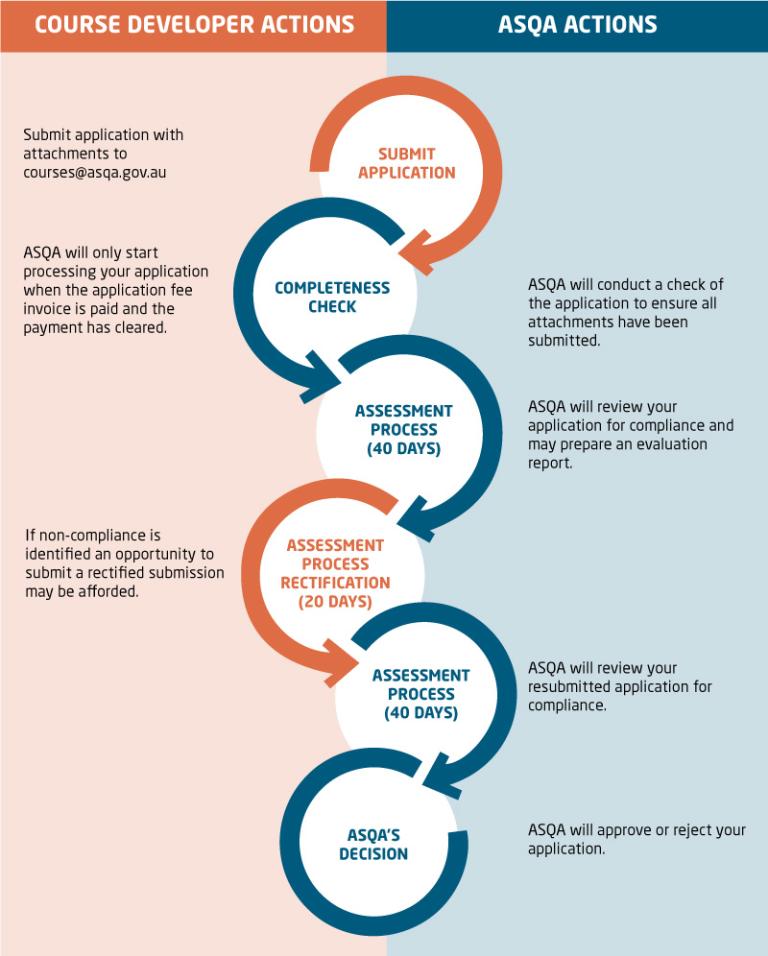Everything about The Future of Accreditation in a Changing World

Non-accredited programs and organizations have been obtaining recognition in recent years as an option to conventional accredited plans. These programs give adaptability and affordability, which is attractive to many trainees. Having said that, there are likewise downsides to think about when determining whether or not to pursue a non-accredited course or institution. In this article, we are going to look into the advantages and drawbacks of non-accredited plans and institutions.

Perks:
1. Check it Out : Non-accredited plans often supply a lot more versatile routines than traditional approved programs. They might supply online courses, night classes, or weekend lessons. This adaptability makes it possible for pupils to operate around their occupied routines.
2. Affordability: Non-accredited plans tend to be much less pricey than standard recognized programs. This produces them an desirable option for pupils who desire to save cash on their education and learning.
3. Specialized training: Non-accredited organizations often specialize in specific areas of research that might not be provided at standard accredited establishments. For example, a non-accredited cooking college may offer additional hands-on experience for aspiring chefs than a conventional accredited college.
4. Faster conclusion opportunity: Some non-accredited plans may be finished in a shorter volume of time than traditional certified plans, enabling students to get into the workforce earlier.
Setbacks:
1. Shortage of accreditation: The largest setback of non-accredited programs and companies is that they be without accreditation coming from realized accrediting physical bodies like the Accrediting Council for Independent Colleges and Schools (ACICS) or the Higher Learning Commission (HLC). This indicates that credit scores earned from these organizations may not transfer to various other institutions, producing it tough for pupils to carry on their education and learning in other places.
2. Restricted project customers: Companies might check out degrees coming from non-accredited companies as much less useful than those coming from accredited companies, confining project prospects for grads.
3. Quality problems: Without certification, there is actually no promise that the quality of education provided by non-accredited organizations is up to the same level along with field requirements.
4. Absence of financial assistance: A lot of non-accredited organizations do not certify for federal government monetary assistance, producing it much more complicated for pupils to fund their education.
Conclusion:
Non-accredited programs and institutions supply some perks, such as flexibility and affordability. Having said that, the lack of certification can easily be a primary disadvantage, restricting task customers and transferability of credit reports. It is essential to consider the pros and downsides prior to determining whether or not to pursue a non-accredited course or company. Trainees need to investigate the organization completely prior to enrolling and consider consulting with along with an scholastic advisor to discuss their options.
In some cases, non-accredited programs may be a realistic alternative for trainees who are appearing to acquire specialized training or enter into the workforce rapidly. Nonetheless, students must be mindful of the prospective downsides and take into consideration whether the advantages outweigh the risks. Ultimately, it is up to each individual trainee to create an informed decision concerning their education and learning and future career prospects.
